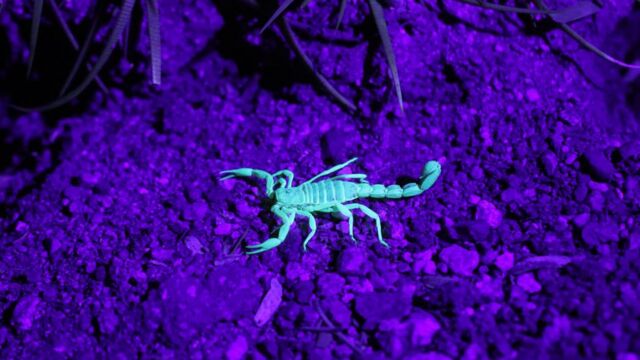Scientists believe that peptides contained inside scorpion venom could be used to design medication against future coronavirus mutations.
Discover our latest podcast
Peptides found in scorpion venom
Historically, scorpion venom has been used in traditional medicine all across the world, despite its highly toxic nature. As it has been used to treat infections in the past, researchers decided to look into its potential ability to treat the coronavirus.
To conduct the study, researchers gathered the poisonous liquid from Egyptian scorpions to look into their antibacterial and antiviral properties. To scorpions, their own venom protects their venomous gland from becoming infected.
The study is being supported by the Global Challenges Research Fund and conducted by researchers from the University of Aberdeen. Dr. Wael Houssen, senior research fellow at the Institute of Medical Sciences said:
The study of scorpion venoms as a source of novel drugs is an exciting and productive area worthy of further investigation.
And added:
We have already seen that these venoms contain extremely potent bioactive peptides, and we believe that there are many more awaiting discovery.
While Mohamed Abdel-Rahman, Professor of Molecular Toxinology and Physiology in the Zoology Department at the University of Suez Canal explained that:
Several scorpion species including the most toxic in the world are widespread in Egypt.Their venoms have not yet been fully studied and may represent an unorthodox source of new medicines.
Scorpion venom to develop new COVID medication
With COVID-19 variants developing more and more overtime, finding novel ways of adapting to future mutations is the key to remaining afloat. The Delta variant, for example, ravaged the world and particularly in the UK, caused hospitals to become overwhelmed, ultimately being responsible for hundreds of thousands of deaths globally.
Scientists will now be extracting the poisonous cocktail from the animal to find innovative ways to develop a potential medication in the fight against the coronavirus.















